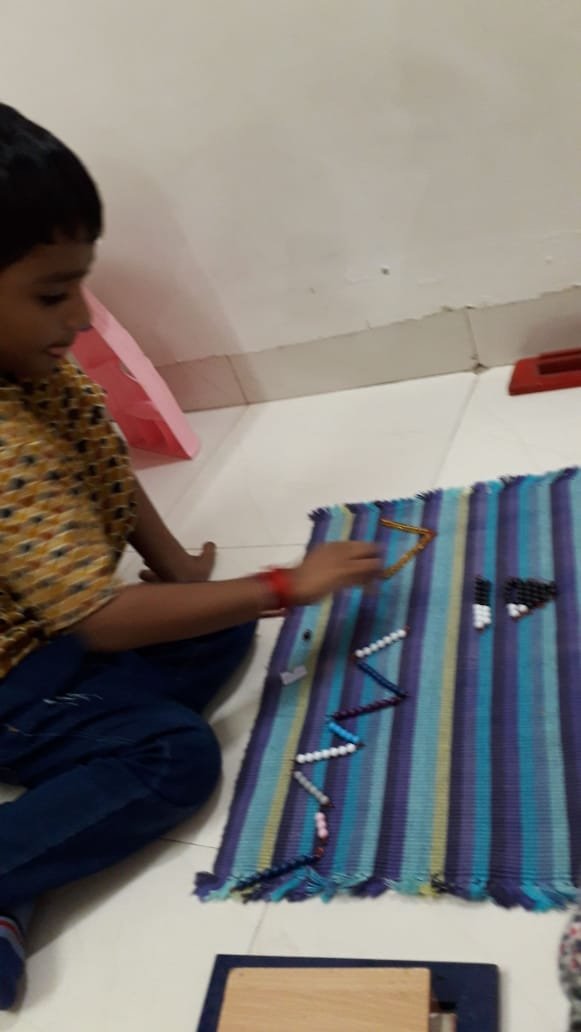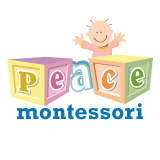Toddlers
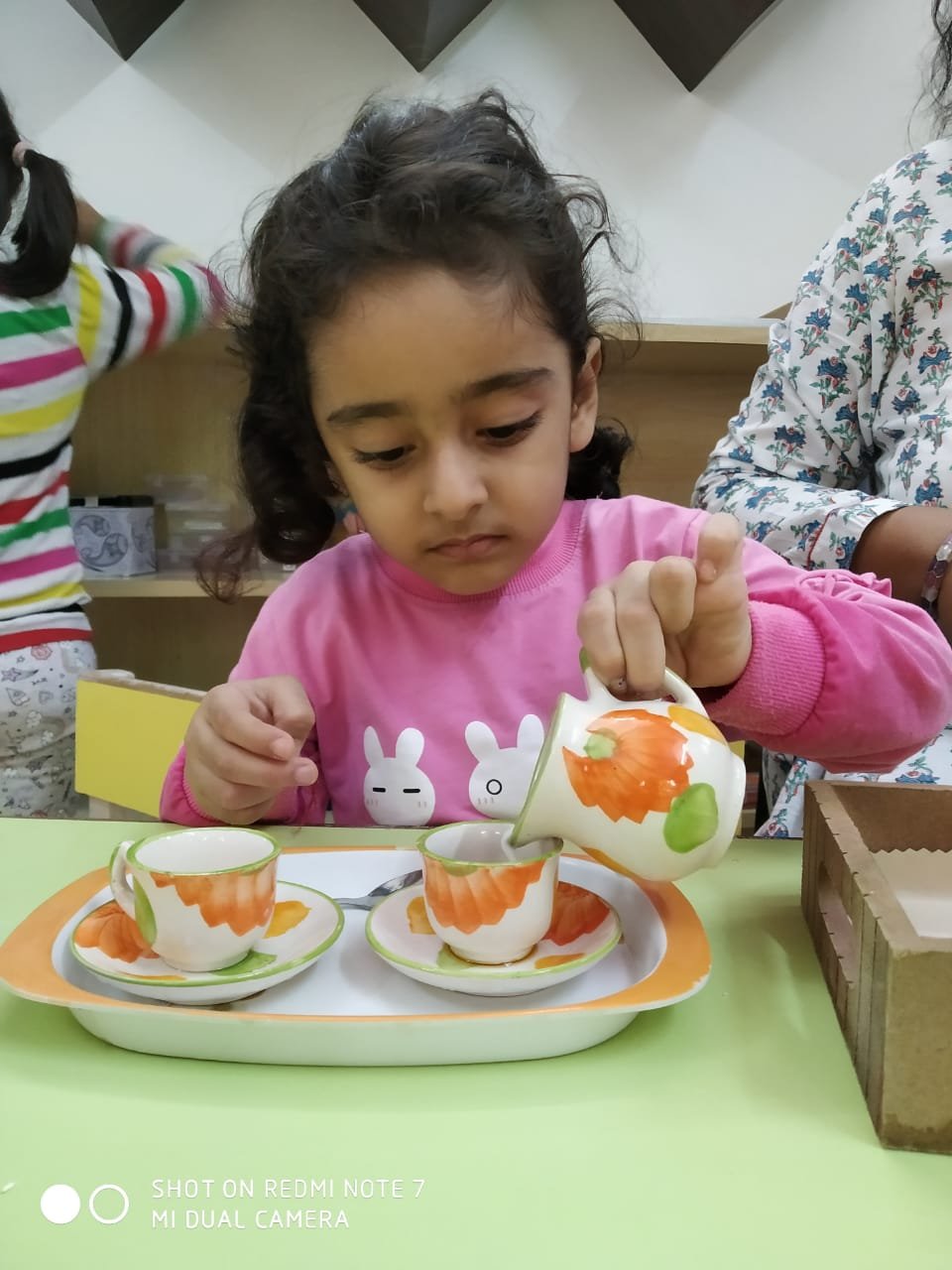
This is the first time a child will explore a learning environment independently. The focus in this programme is to nurture and meet their growing need for independence, order, sensory exploration, movement and language.
As with other Montessori environments, the children’s activities are designed to encourage them to discover and further explore. Toddlers work both independently and in small groups, and are progressively introduced to materials appropriate to their individual needs and stage of development.
The age at which toddlers can begin this programme is subjective – they can join when they are able to walk steadily and independently. So much is happening during these early years – their brains are wiring new information and building the foundations of different intelligences. Purposeful activities that allow a child to experience cause and effect are integral to a synchronised mind and body connection. A safe and positive social environment can make all the difference in the growth of a child’s personality and self-esteem. Through her studies of children’s development, Dr. Montessori concluded that it was in the first 3 years of their lives that the most impactful learning took place. In this period, the brain is rapidly forming the synaptic connections that are the groundwork for future learning. At Peace, we recognise the power of the absorbent mind and have created the ideal space for our children to reach their maximum potential.
Materials
Our environment is child-centric, consisting of child-sized furniture and a variety of age-appropriate developmental materials, all of which the child can access and learn from independently. The curriculum is designed to foster independence and problem-solving skills. Children are free to choose the materials they will work with as well as how long they wish to do so. These materials will assist in the development of gross and fine motor skills, self-confidence and concentration.
“All the great men the world has ever had, in music, poetry, science etc, have all been children. We do not know what the child will become, but he possesses a great force, and if he is to develop to the best of his capabilities by the time he is a man, it is essential that he obeys all the laws of nature during his development”
-Maria Montessori
The Adults
The adults in the environment are consistent and calm, and their understanding of the Montessori philosophy gives them a deep sense of respect for the young, developing humans they work with. They offer rich language and use the appropriate nomenclature, and extensive vocabulary .
The adults also support toddlers to build appropriate social skills by communicating with each other and using grace and courtesy. A range of language materials and books allows children to explore on their own or read aloud with an adult. Based on daily observations, the adults introduces new materials and activities that ignite their curiosity and stimulate learning.
What They Learn
The learning objectives for your child in the Toddler Programme include skills such as physical coordination, language, concentration, visual discernment and problem-solving. Activities at this stage also promote independence in the use of the toilet and the maintenance of personal hygiene.
In our child-centric environment, children learn to coordinate movement and gain balance. Low tables, chairs, and other smaller-sized objects enable the children to help prepare, serve, eat, and clean up after meals.
Toddlers enjoy activities that give them a sense of purpose.
By learning to care for their environment, they help contribute to a community, all while gaining independence.
Area in Toddler Classroom

1. Social Skills:
Toddlers wish to be accepted by and integrated with larger societies. They are deeply impressionable and their early experiences play a vital role in their journey to adulthood. Our environment supports this natural social need and tendency by offering appropriate and safe experiences and interactions by which to develop grace, courtesy, social intelligence and empathy. Working within a mixed-age group will also play a huge role in the development of social skills and sense of community.
1. Social Skills:
Toddlers wish to be accepted by and integrated with larger societies. They are deeply impressionable and their early experiences play a vital role in their journey to adulthood. Our environment supports this natural social need and tendency by offering appropriate and safe experiences and interactions by which to develop grace, courtesy, social intelligence and empathy. Working within a mixed-age group will also play a huge role in the development of social skills and sense of community.

2. Gross Motor Skills:
To develop the large muscles of the body, it is important for a child to reach certain gross motor milestones such as walking, running, jumping and climbing. This in turn builds intelligence, confidence, self-esteem and the ability to assess risk. Peace offers a variety of activities that help build muscle memory and motor planning.
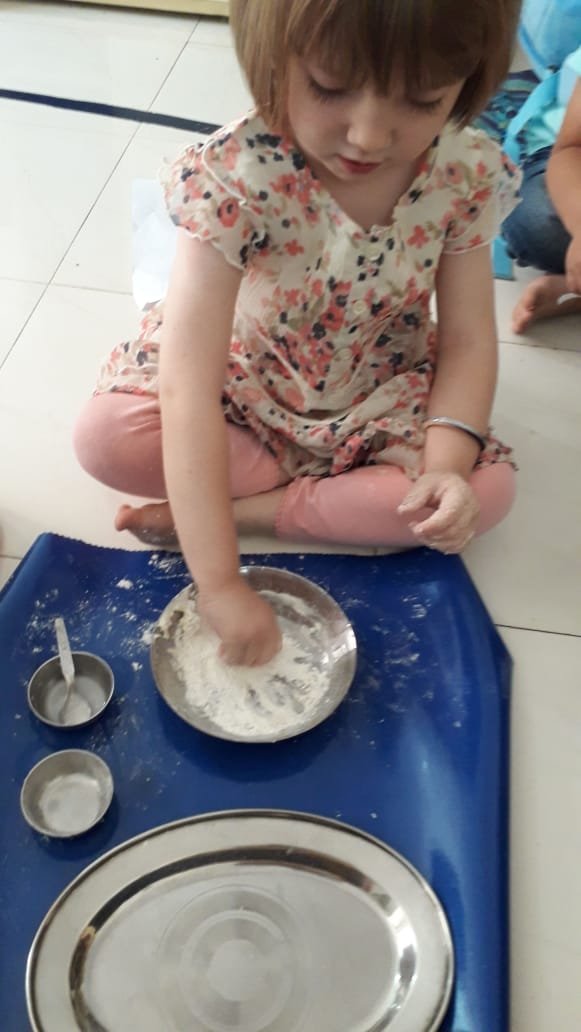

3. Fine Motor Skills:
Toddlers enjoy purposeful activities that help them contribute to their environment as well as meet their own needs. We help them prepare a morning snack, dust their shoes, fetch a glass of water and clean up after themselves. These practical activities that focus on the children’s fine motor skills and hand-eye coordination are incredibly important to their confidence and self-esteem.
3. Fine Motor Skills:
Toddlers enjoy purposeful activities that help them contribute to their environment as well as meet their own needs. We help them prepare a morning snack, dust their shoes, fetch a glass of water and clean up after themselves. These practical activities that focus on the children’s fine motor skills and hand-eye coordination are incredibly important to their confidence and self-esteem.
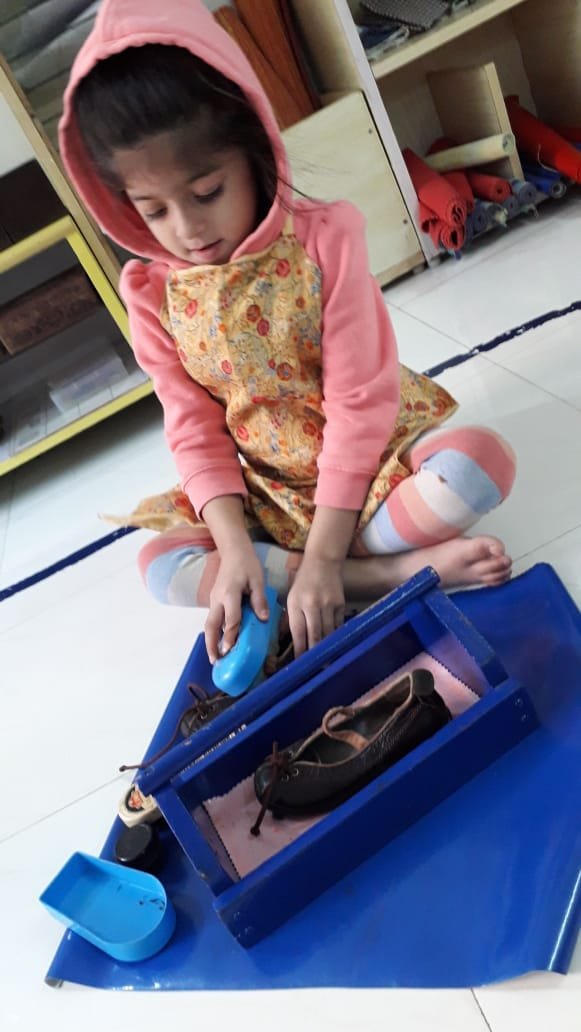
4. Care of Environment & Self:
All the activities and practical skills that our toddlers are encouraged to explore, pursue and learn can be divided into either a) Self-Care Objectives or b) Care of Environment Objectives. The first group involves awareness of toilet and other physical cues, as well as the overall maintenance of personal hygiene. The second involves ways by which the children can interact with and contribute to their surroundings, such as, by watering plants, dusting objects, cleaning up after themselves, and generally helping a community through their actions.


5. Language:
The development of language is one of the primary objectives of the Toddler Programme at Peace, and the range of activities all work towards it. The adult offers assistance in vocabulary every step of the way. When the child is offered a holistic approach to language and are themselves involved in the process, attaching meaning to words becomes much simpler.
5. Language:
The development of language is one of the primary objectives of the Toddler Programme at Peace, and the range of activities all work towards it. The adult offers assistance in vocabulary every step of the way. When the child is offered a holistic approach to language and are themselves involved in the process, attaching meaning to words becomes much simpler.
